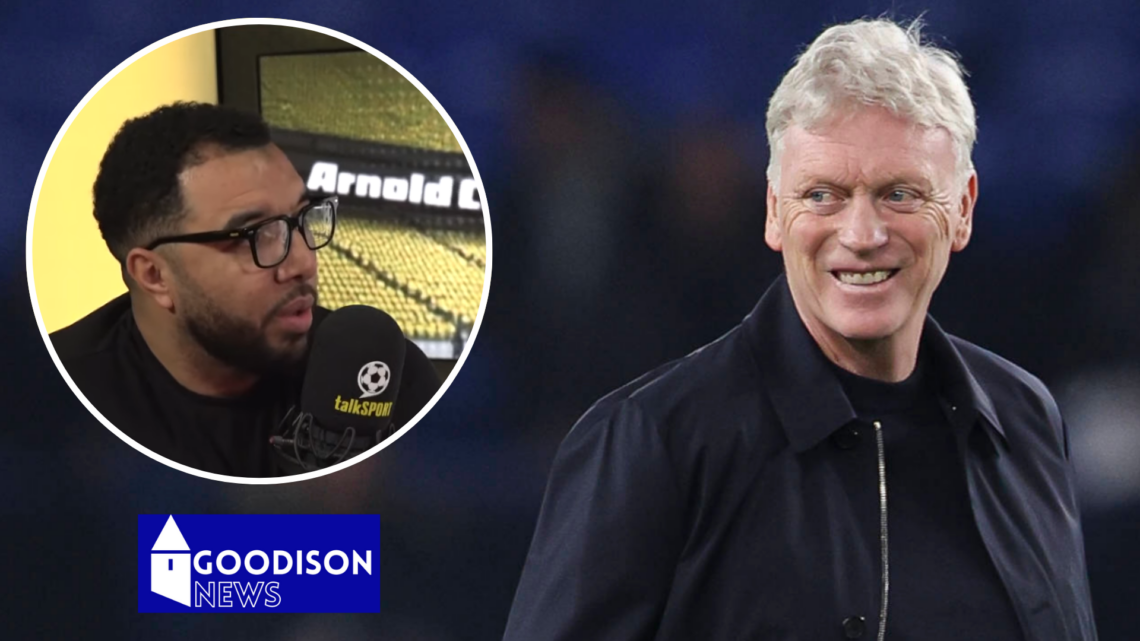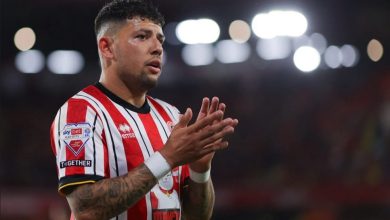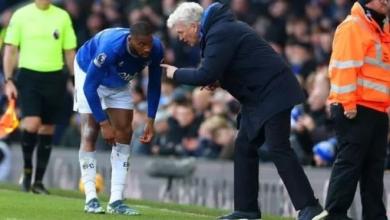David Moyes, the Everton manager, has revealed the secret recipe behind his successful stint at the club, which saw him lead the team to four wins in six games.
In a recent interview, Moyes shared his tactical approach, which has left many fans and pundits stunned. According to Moyes, the key to his success was a unique blend of defensive solidity and counter-attacking flair.
“I knew that we couldn’t compete with the big teams in terms of possession and territory,” Moyes explained. “So, I decided to focus on making us hard to beat, and then using our pace and agility to catch teams on the counter-attack.”
Moyes’ tactics were indeed insane, as one fan put it. He deployed a narrow 4-4-2 formation, with a strong emphasis on defensive discipline and quick transitions. The approach paid off, as Everton won four of their next six games, including a stunning 2-0 victory over Manchester United.
Fans were amazed by Moyes’ revelation, with many taking to social media to praise his tactical genius. “No way this is true,” one fan tweeted. “Had to listen again to make sure he was actually saying the truth.”
Moyes’ secret recipe has sparked a lot of interest among Everton fans, who are eager to see their team return to its former glory. With four wins in six games, Moyes’ tactics have certainly delivered results, and fans will be hoping that the team can continue to build on this momentum.
As one fan put it, “He is definitely going to get praised by Everton fans. His tactics were insane, but they worked!”









